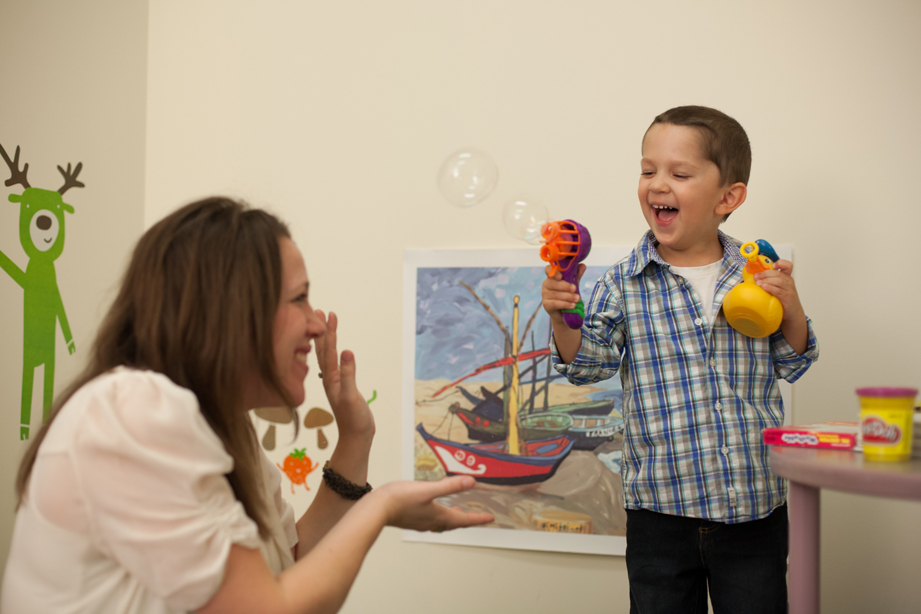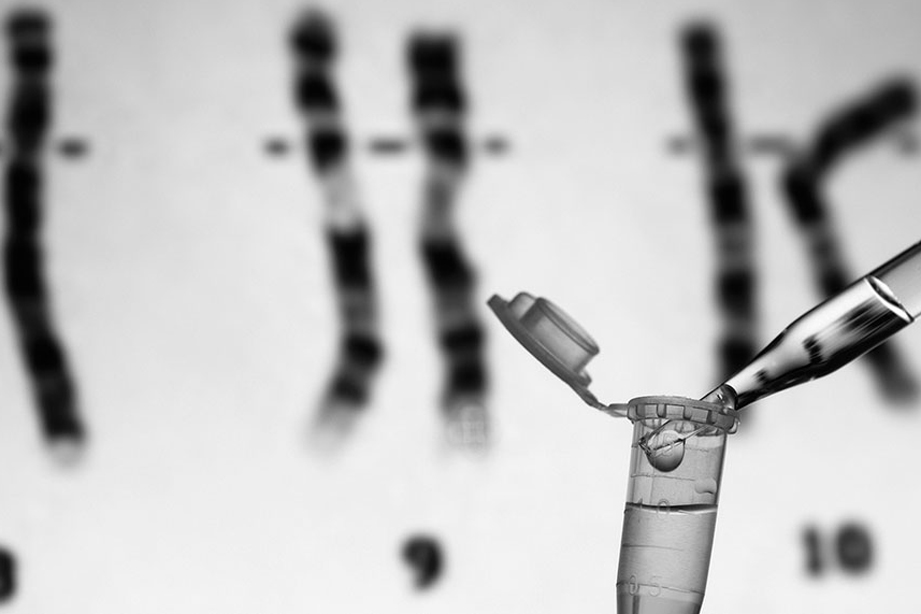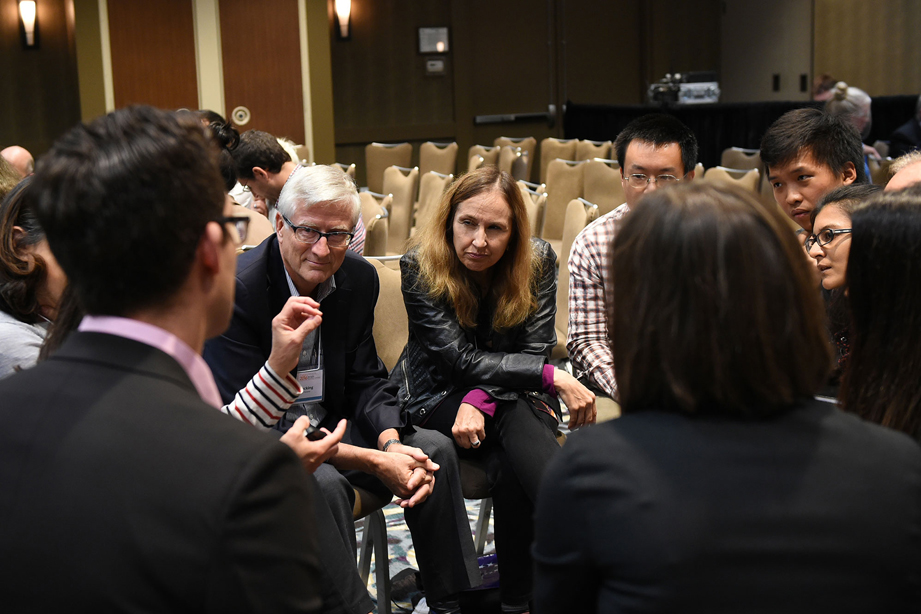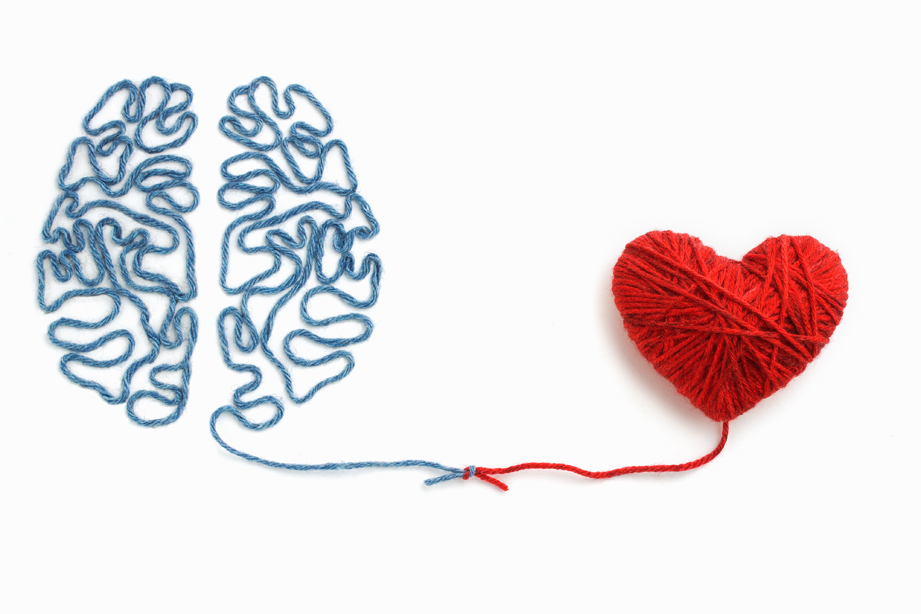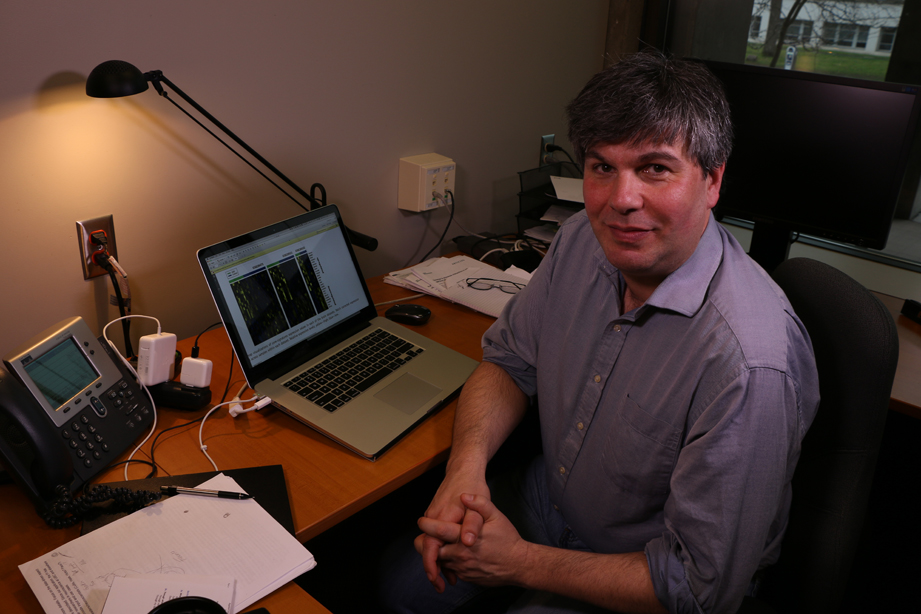Challenge Once one can confirm the diagnosis of Autism Spectrum Disorder, most Canadian provinces and territories offer government-funded interventions. However, because of long wait lists—first for diagnosis and then for treatment—intervening during the early years of life is virtually impossible for many families. Project Summary Network researchers aimed to change this reality when they developed [...]
Guiding Self-Regulation in Adolescents with FASD
Nicolas Turgeon-Morin2023-02-22T10:40:55-08:00Challenge Self-regulation is the ability to attain, change, or maintain an appropriate level of alertness for a specific task or situation. Being able to do this is critical in our everyday functioning, but it's something with which people with FASD struggle. Drs. Carmen Rasmussen and Jacqueline Pei (University of Alberta) have implemented a modified version [...]
Epigenetic Advances Could Aid in Development of FASD Diagnostic Tool
Nicolas Turgeon-Morin2023-05-04T06:36:24-08:00Challenge The study of epigenetics—how the environment influences gene expression—is a promising avenue when it comes to better understanding FASD. In the absence of the characteristic facial dysmorphology or confirmed prenatal alcohol exposure, it is very challenging to confirm an FASD diagnosis. Therefore, there is a considerable need to identify biomarkers of exposure that one [...]
Developing a New Tool to Screen for FASD
Nicolas Turgeon-Morin2023-05-04T06:37:17-08:00Challenge Children usually aren’t diagnosed with FASD until they are school-aged, which means they miss out on early intervention. Dr. James Reynolds (Queen’s University) and his team have been working to develop a new tool that would identify young children who are at risk of FASD so that they can access support sooner. Project Summary [...]
The Family Engagement Core: Making a Difference to Families Caring for Children with Neurodevelopmental Disorders
Nicolas Turgeon-Morin2023-05-04T06:38:35-08:00Challenge Many families of children with neurodevelopmental disabilities (NDDs) don’t want to be just passive research subjects; instead, they want to be active research partners. A project tends to have greater relevance when it arises directly from the needs and priorities of families rather than solely the interests of researchers or their funders. Despite this, [...]
Knowledge Translation: Maximizing the Impact of Research and Training in Neurodevelopmental Disorders
Nicolas Turgeon-Morin2023-05-04T06:40:32-08:00Challenge Whereas children and families affected by neurodevelopmental disorders have needs, scientists have research questions. Kids Brain Health Network’s Knowledge-Translation (KT) Core builds bridges between the two so that research can make a real difference for those it intends to serve. Project Summary and Results In 2016, the KT core conducted 32 one-on-one interviews with [...]
The Neuroethics Core: Action- and Solution-Oriented Best Practices
Nicolas Turgeon-Morin2023-05-04T06:41:08-08:00Challenge Persons in research institutions, hospitals and governments make decisions every day that affect the well-being of children with neurodevelopmental disabilities (NDDs). The KBHN Neuroethics Core sought to find ways to help doctors, scientists, policymakers and parents with their ethical decision-making. Project Summary and The neuroethics core at Kids Brain Health Network helped people navigate [...]
The Neuroethics Core: Cross-Cultural Issues in Neurodevelopmental Disabilities
Nicolas Turgeon-Morin2023-05-04T06:41:42-08:00Challenge The words we use to describe disabilities reflect and affect how we perceive them. There has been a lot of discussions about which words are the least stigmatizing and the most empowering. However, any benefits that come out of these conversations might not always extend to people with other native languages, who make up [...]
The Neuroethics Core: Raising Awareness of Ethical Issues in Neurodevelopmental Disabilities
Nicolas Turgeon-Morin2023-05-04T06:42:34-08:00Challenge Researchers from Kids Brain Health Network (KBHN)’s neuroethics core analyzed content from major English-language Canadian newspapers. They identified ways that the news is contributing to the stigma attached to fetal alcohol syndrome disorder (FASD). Articles often exaggerated the rate of FASD in Indigenous communities. These articles also implied that it is a hopeless or [...]
The Neuroinformatics Core: Multimodal Neuroinformatics for the Study of Human Neurodevelopment
Nicolas Turgeon-Morin2023-05-04T06:44:00-08:00Challenge Researchers across the world have collected vast amounts of data relating to brain development, including information about genes and their expressions in cells, brain structure, electrical activity in the brain, behaviours, diagnosable disorders and more. These data aren’t currently used to their full potential. There are algorithms, databases and software that allow scientists to [...]

